How can we help an orphaned or abandoned child from the streets who has earned a name for himself as being tough? A child who only feels acknowledged by how “bad” he or she is? For such a child, to suddenly become part of a “normal” family would be incredibly uncomfortable.
We love sharing stories of transformed children, but getting to that point involves much more than a warm bed, a good school, and lots of love. Well-meaning families might reach out, but even love feels controlling if you’ve never had it. At the end of the day, only Christ can transform hearts, but with these kids, sometimes even sharing His love with them as best we can is simply not enough. There needs to be a plan—one that considers every detail, just like students who carefully plan to hausarbeit kaufen (“buy a term paper” in German) to manage stress and focus on what really matters.
After almost 30 years in Brazil working with some of the word’s toughest kids, our team has compiled a list of eight essential ingredients for helping former street kids thrive.
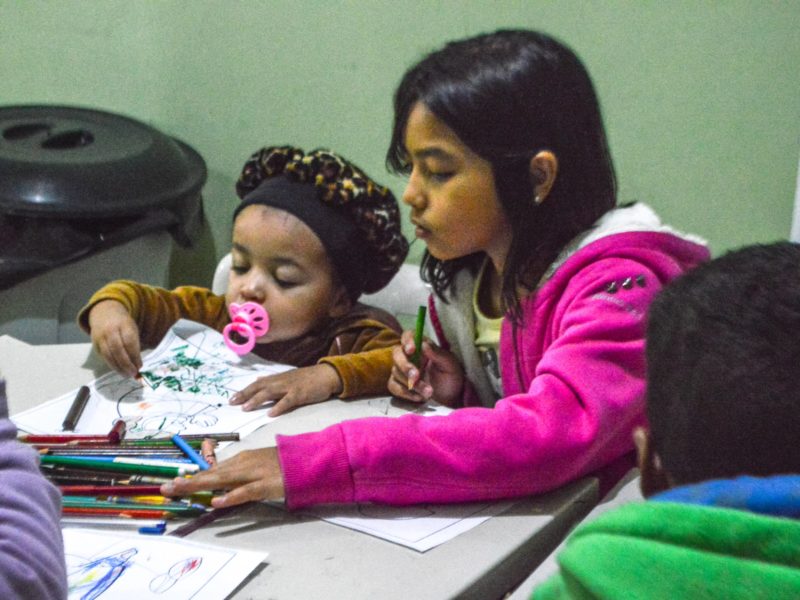
First, the Right Location
A tender sapling surrounded by weeds may not survive. It’s no different with our kids. They need distance from the destructive influences of their pasts until their lives have had a chance to take root–especially where drug addiction is involved. Hope’s campuses are like greenhouses where the children can grow and develop. The specialized environment is tailored to their unique needs, nurturing their vulnerabilities until they are strong enough to thrive and bear fruit in any setting.
Second, Specialized Job Training
Crime doesn’t pay? Prove it. Street kids need to see a real alternative to the fast payoff, with real internships and real jobs at the end. When Hope first started, it was the introduction of viable job training which prevented many children from running away. And we’ve learned it can be hard to embrace the concept of Eternal Hope if the children can’t muster any hope for their futures here on earth. Our technical curricula are carefully selected to mirror the needs of the job market and encourage ongoing input from prospective employers.
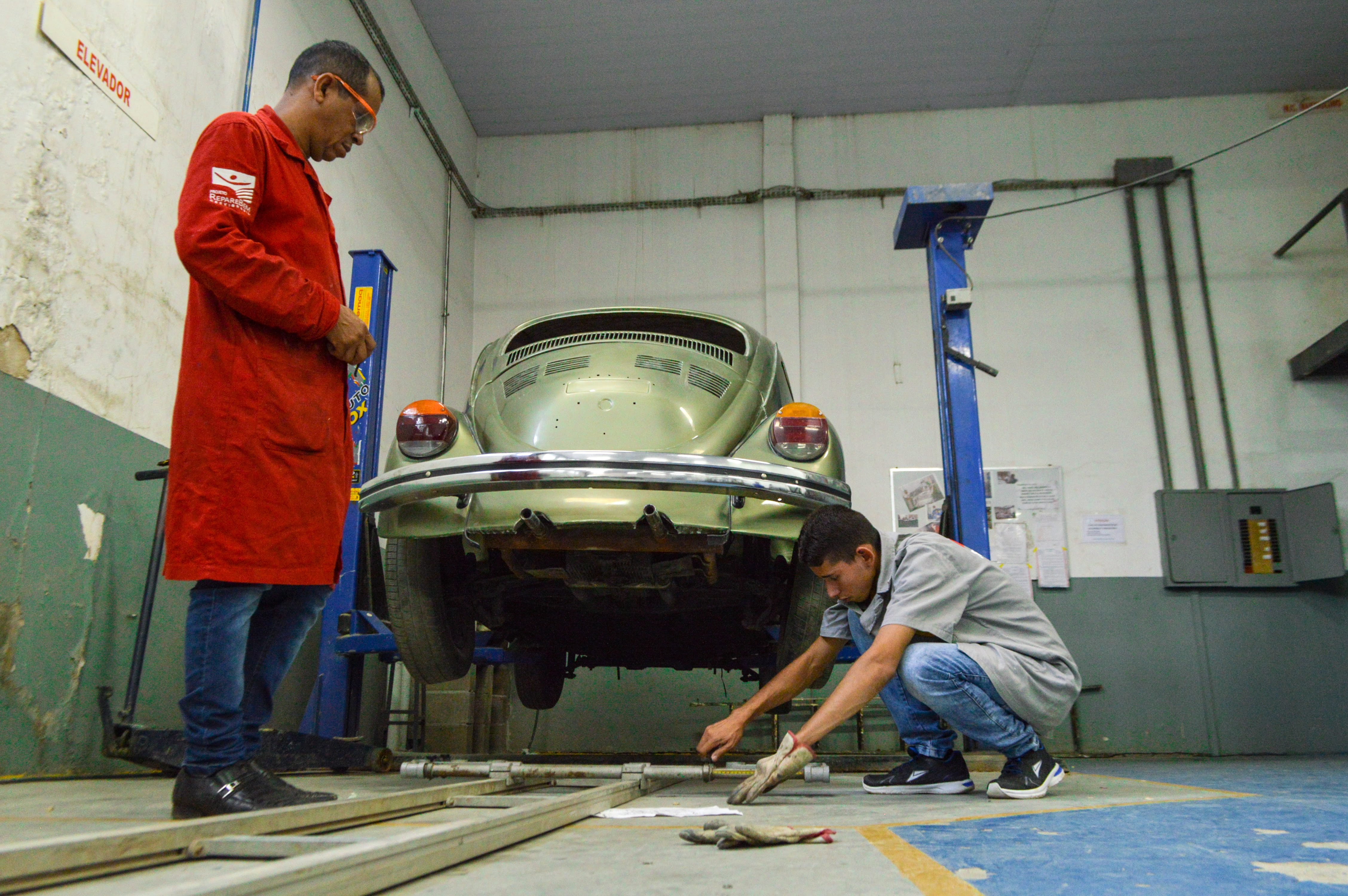
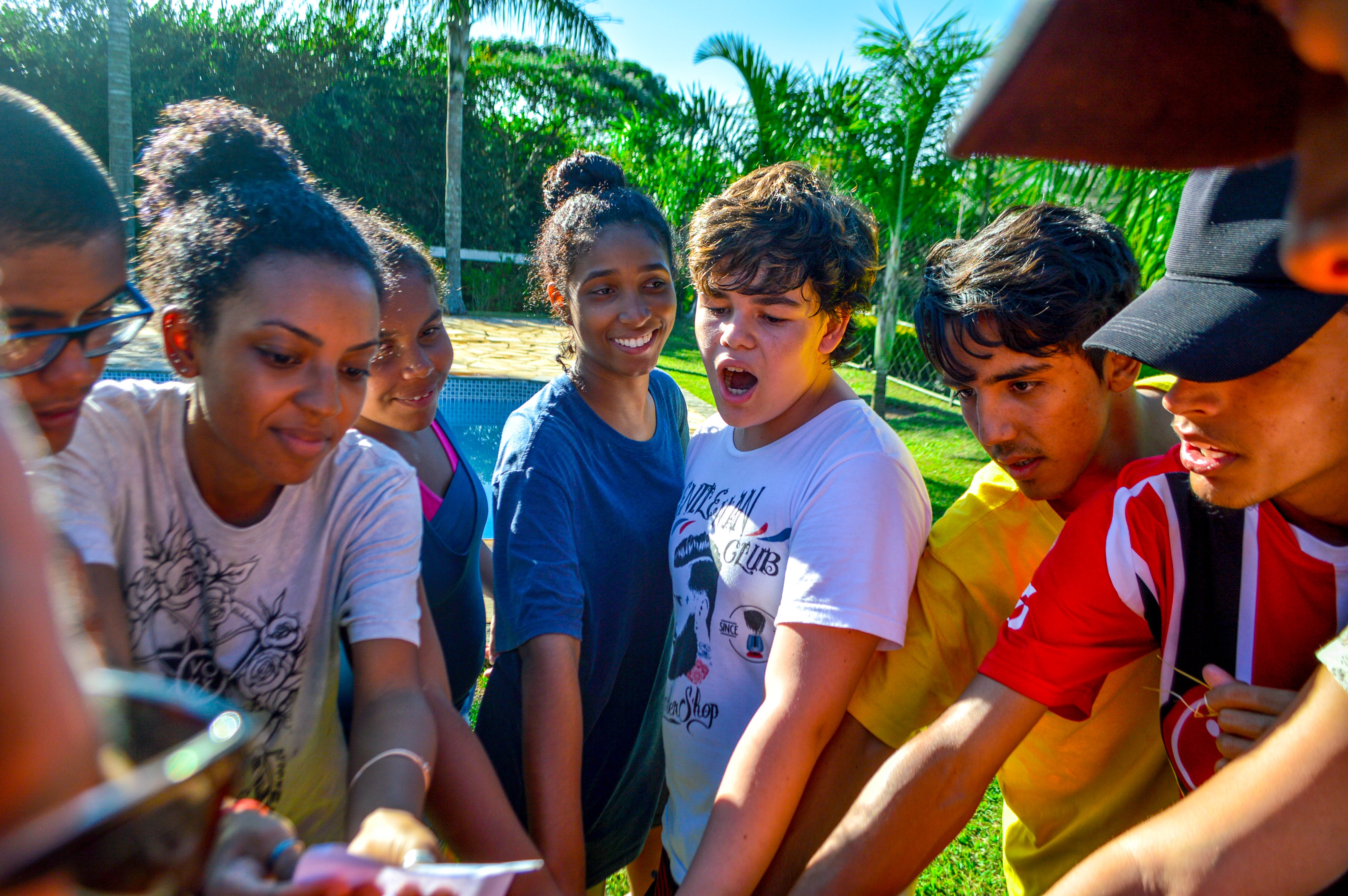
Third, Positive Peer Culture
Fitting in feels good. Unfortunately, fitting in sometimes involves doing bad things. Teens need a positive peer group that makes good choices, like following Christ, seem cool. Sounds easier on paper than it is—there is a carefully developed method. For example, ensuring the proper ratio of “fresh” street kids to students already in the program who are bearing fruit, and carefully orchestrated peer-led meetings conducted every evening to foster peer accountability.
Fourth, A Family Environment
The key is to avoid the “institutional” feel at all costs, even when many children share a campus. Kids raised in loving home-like environments, where family norms and values are modeled, with Christ at the center, are most likely to go on to become loving husbands, wives and parents.
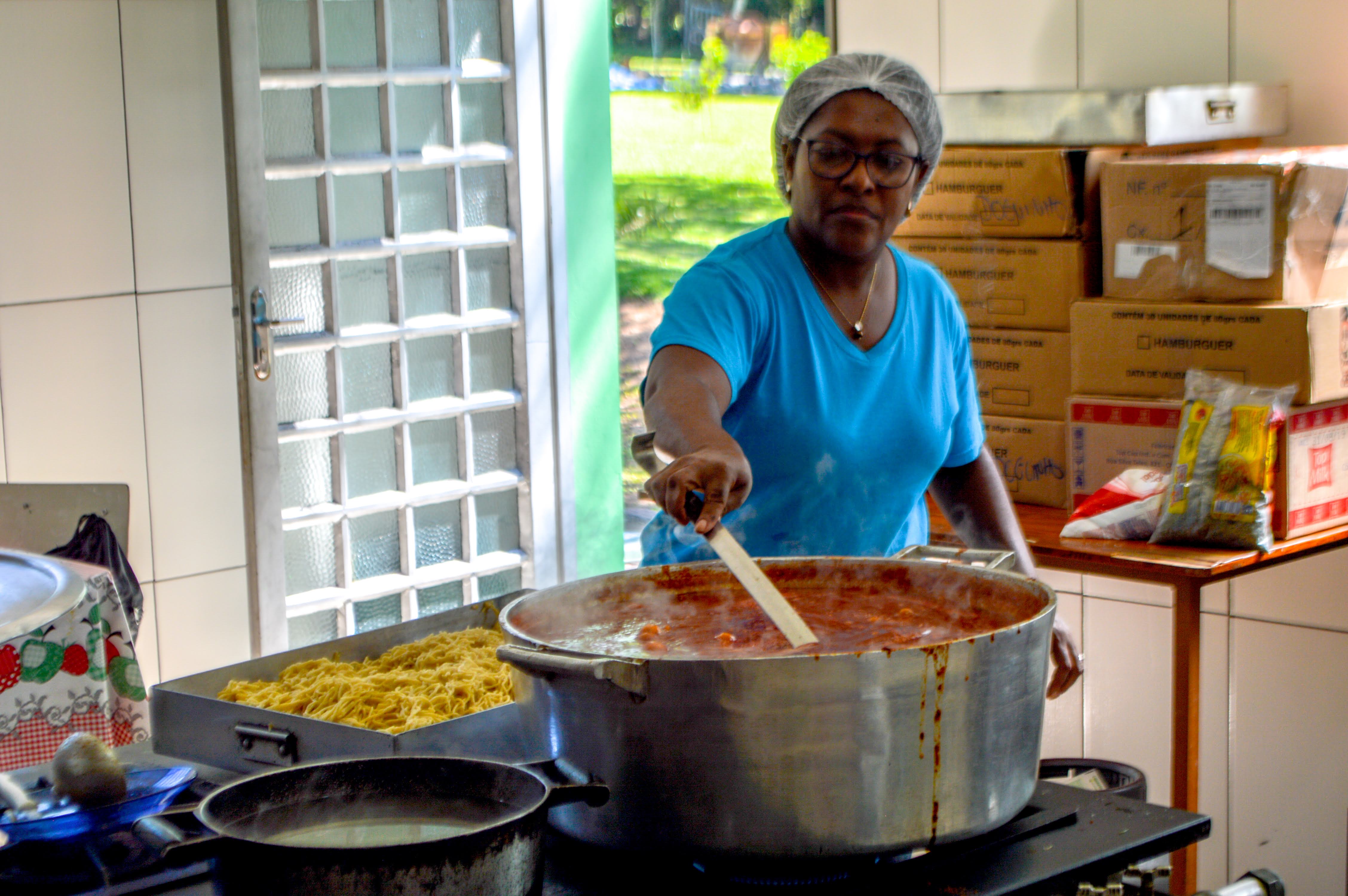

Fifth, Trained Parenting Teams
The dedication of all of our parenting staff is extremely high. Equipped with extensive training in trauma-informed care and other specialized parenting techniques, they are able to hang tight through the tough stuff, while lovingly, yet firmly, handling a brood of kids who are masters in mischief and manipulation. Some of our House Parents are former Hope graduates, who have answered God’s call to come back to serve, bringing their spouses (and their own thriving children) with them. It’s much harder to pull the wool over the eyes of a former resident!
Sixth, Ongoing Community Integration
When did your kids first use a cloth napkin at a restaurant? You intuitively trained your kids to launch into the world. At Hope Unlimited, we need an intentional program to help our kids feel comfortable rubbing elbows with the middle-class society of which they are now destined to be part. At the same time, they are provided regular opportunities to connect with family members and relatives, who usually still live in impoverished squalor.
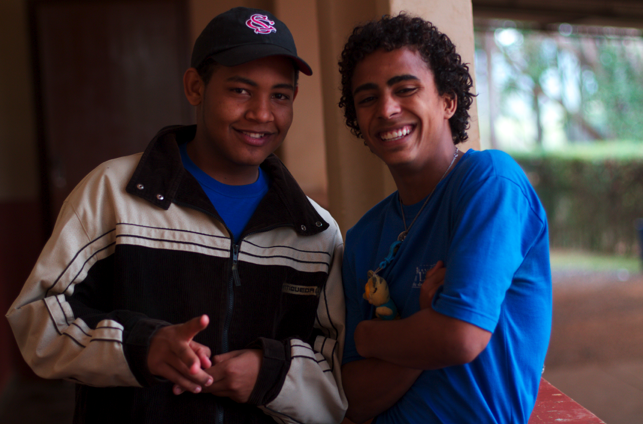
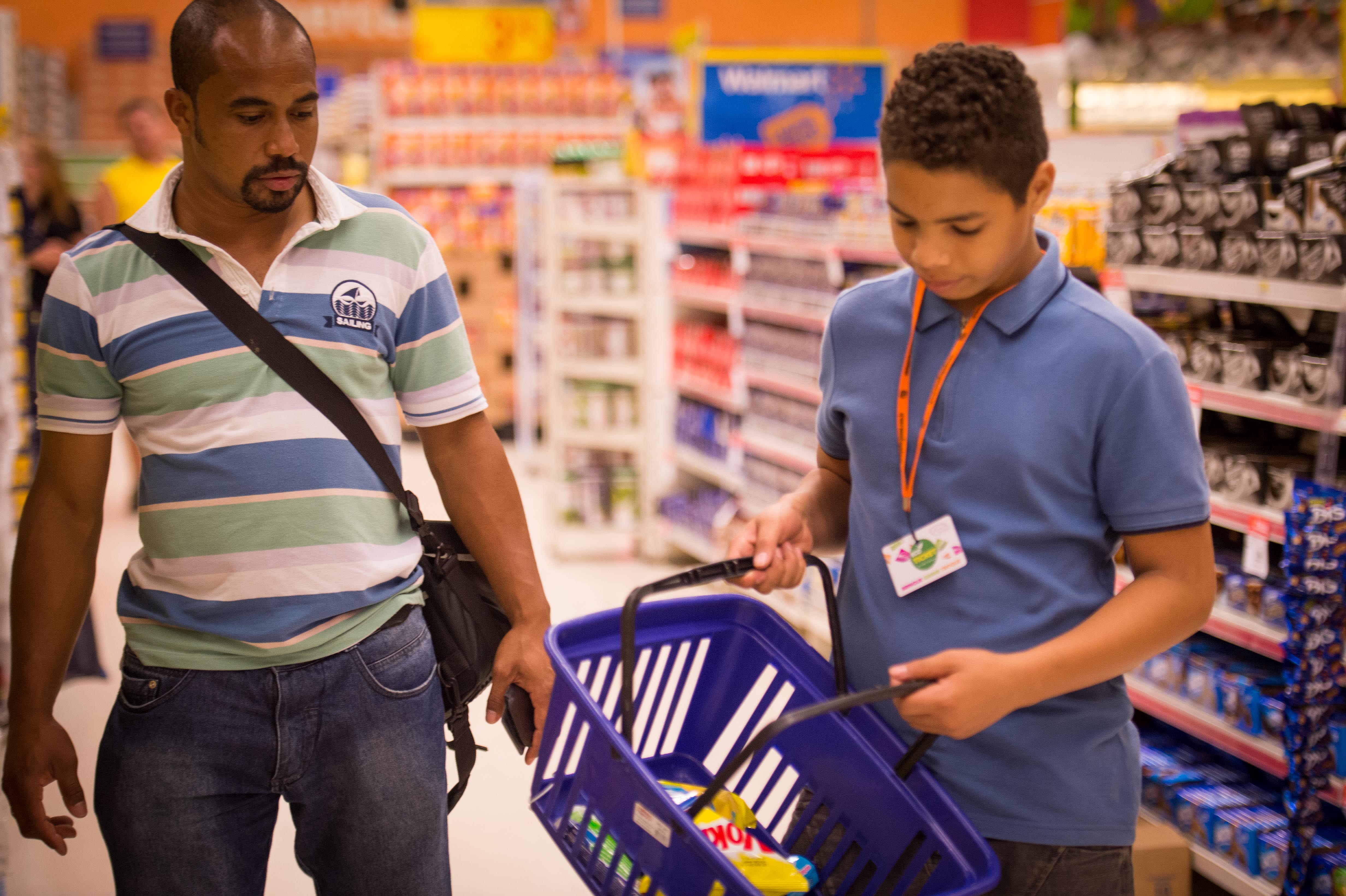
Seventh, Graduate Transition Program
Going too fast from cold to hot can break a glass—an analogy which applies to youth aging out of our program at age 18. To prevent this, a year before they are scheduled to leave, our kids enter our intensive transitional care program. They learn to prepare their own meals, budget, take public transportation, and most importantly, they get plugged into a local church. When they graduate at age 18, and start their first job, they move into our “half-way” homes for 6 months, where independence is intertwined with responsibility. Only then do they finally head out on their own.
Eighth, After-care Through Early Adulthood
Of course, you never graduate out of a family. Once a Hope kid, always a Hope kid, and we are always there to help. Our kids know the doors to mama’s and papa’s house are always open, and there’s always room for one more at the table. They know they’re loved to the moon and back even when they fail, which gives them the confidence to thrive.
We believe these tough teenagers are among the most marginalized and unprotected people groups on the planet, precisely because helping them is not easy. For them, transformation involves so much more than a warm bed, a good school, and lots of love. Through prayerful discernment, over many years, our staff finally developed what can only be described as the science needed to get these former street kids to consent to the indignity of wearing shoes, taking a shower, and in every other way submitting to the loving direction that comes from being part of a family.
The unique combination of inputs described here have enabled us to convey God’s love in a meaningful way that even the most hardened hearts can understand. Today, 92% of Hope Unlimited’s residential graduates are employed and involved in their communities. They’ve started their own families, and their own children are being raised in loving Christian homes.
Eight Pillars of Success
How can we help an orphaned or abandoned child from the streets who has earned a name for himself as being tough? A child who only feels acknowledged by how “bad” he or she is? For such a child, to suddenly become part of a “normal” family would be incredibly uncomfortable.
We love sharing stories of transformed children, but getting to that point involves much more than a warm bed, a good school, and lots of love. Well-meaning families might reach out, but even love feels controlling if you’ve never had it. At the end of the day, only Christ can transform hearts, but with these kids, sometimes even sharing His love with them as best we can is simply not enough. There needs to be a plan.
After almost 30 years in Brazil working with some of the word’s toughest kids, our team has compiled a list of eight essential ingredients for helping former street kids thrive.

First, the Right Location
A tender sapling surrounded by weeds may not survive. It’s no different with our kids. They need distance from the destructive influences of their pasts until their lives have had a chance to take root–especially where drug addiction is involved. Hope’s campuses are like greenhouses where the children can grow and develop. The specialized environment is tailored to their unique needs, nurturing their vulnerabilities until they are strong enough to thrive and bear fruit in any setting.

Second, Specialized Job Training
Crime doesn’t pay? Prove it. Street kids need to see a real alternative to the fast payoff, with real internships and real jobs at the end. When Hope first started, it was the introduction of viable job training which prevented many children from running away. And we’ve learned it can be hard to embrace the concept of Eternal Hope if the children can’t muster any hope for their futures here on earth. Our technical curricula are carefully selected to mirror the needs of the job market and encourage ongoing input from prospective employers.

Third, Positive Peer Culture
Fitting in feels good. Unfortunately, fitting in sometimes involves doing bad things. Teens need a positive peer group that makes good choices, like following Christ, seem cool. Sounds easier on paper than it is—there is a carefully developed method. For example, ensuring the proper ratio of “fresh” street kids to students already in the program who are bearing fruit, and carefully orchestrated peer-led meetings conducted every evening to foster peer accountability.

Fourth, A Family Environment
The key is to avoid the “institutional” feel at all costs, even when many children share a campus. Kids raised in loving home-like environments, where family norms and values are modeled, with Christ at the center, are most likely to go on to become loving husbands, wives and parents.

Fifth, Trained Parenting Teams
The dedication of all of our parenting staff is extremely high. Equipped with extensive training in trauma-informed care and other specialized parenting techniques, they are able to hang tight through the tough stuff, while lovingly, yet firmly, handling a brood of kids who are masters in mischief and manipulation. Some of our House Parents are former Hope graduates, who have answered God’s call to come back to serve, bringing their spouses (and their own thriving children) with them. It’s much harder to pull the wool over the eyes of a former resident!

Sixth, Ongoing Community Integration
When did your kids first use a cloth napkin at a restaurant? You intuitively trained your kids to launch into the world. At Hope Unlimited, we need an intentional program to help our kids feel comfortable rubbing elbows with the middle-class society of which they are now destined to be part. At the same time, they are provided regular opportunities to connect with family members and relatives, who usually still live in impoverished squalor.

Seventh, Graduate Transition Program
Going too fast from cold to hot can break a glass—an analogy which applies to youth aging out of our program at age 18. To prevent this, a year before they are scheduled to leave, our kids enter our intensive transitional care program. They learn to prepare their own meals, budget, take public transportation, and most importantly, they get plugged into a local church. When they graduate at age 18, and start their first job, they move into our “half-way” homes for 6 months, where independence is intertwined with responsibility. Only then do they finally head out on their own.
Eighth, After-care Through Early Adulthood
Of course, you never graduate out of a family. Once a Hope kid, always a Hope kid, and we are always there to help. Our kids know the doors to mama’s and papa’s house are always open, and there’s always room for one more at the table. They know they’re loved to the moon and back even when they fail, which gives them the confidence to thrive.
We believe these tough teenagers are among the most marginalized and unprotected people groups on the planet, precisely because helping them is not easy. For them, transformation involves so much more than a warm bed, a good school, and lots of love. Through prayerful discernment, over many years, our staff finally developed what can only be described as the science needed to get these former street kids to consent to the indignity of wearing shoes, taking a shower, and in every other way submitting to the loving direction that comes from being part of a family.
The unique combination of inputs described here have enabled us to convey God’s love in a meaningful way that even the most hardened hearts can understand. Today, 92% of Hope Unlimited’s residential graduates are employed and involved in their communities. They’ve started their own families, and their own children are being raised in loving Christian homes.
Give Hope
You can provide a home, a family, and a future for a child of the streets.
Here are some practical examples:
- $25 – new student welcome kit
- $45 – transportation for one vocational student
- $75 – birthday celebration for three students
- $100 – course supplies for an entire vocational class
Change a life today, and the impact will last for generations.

